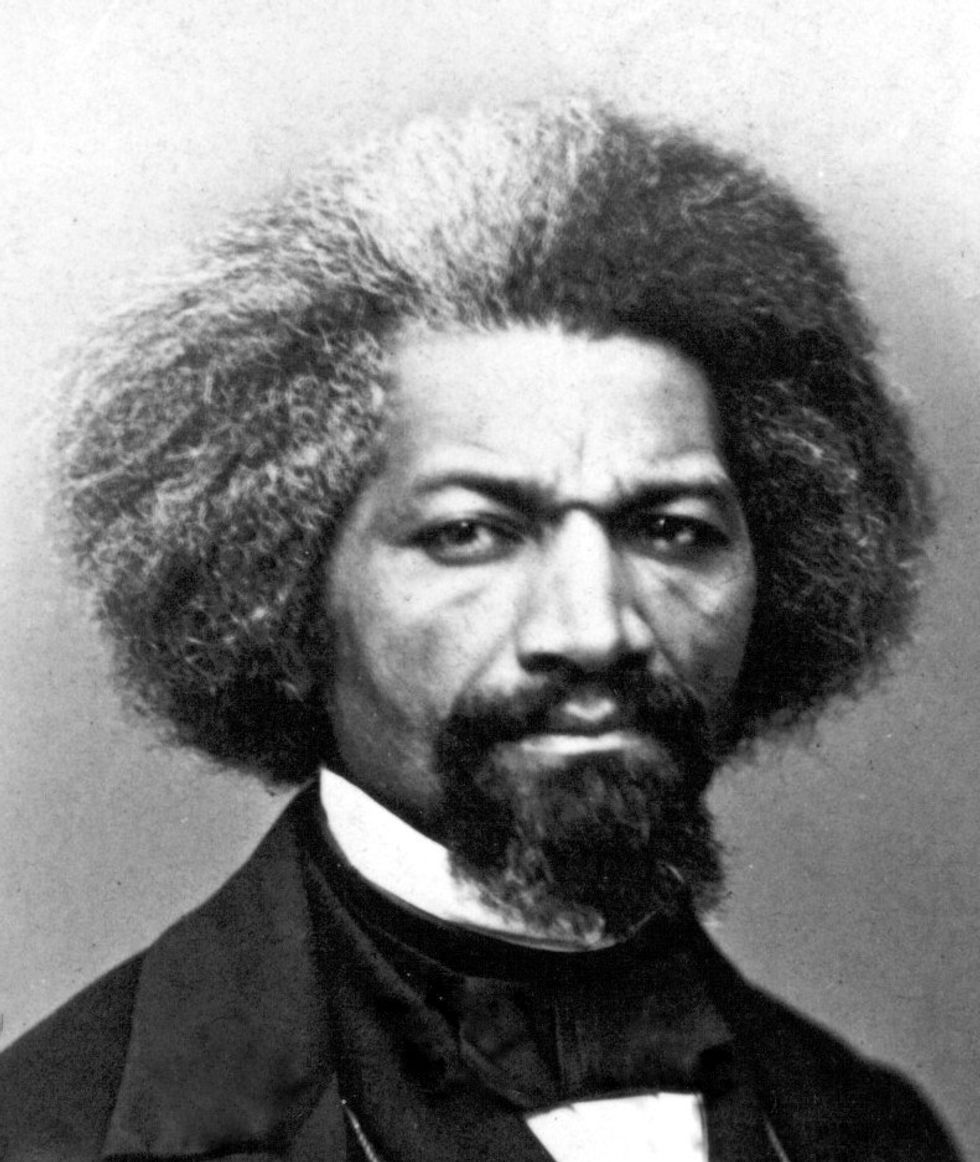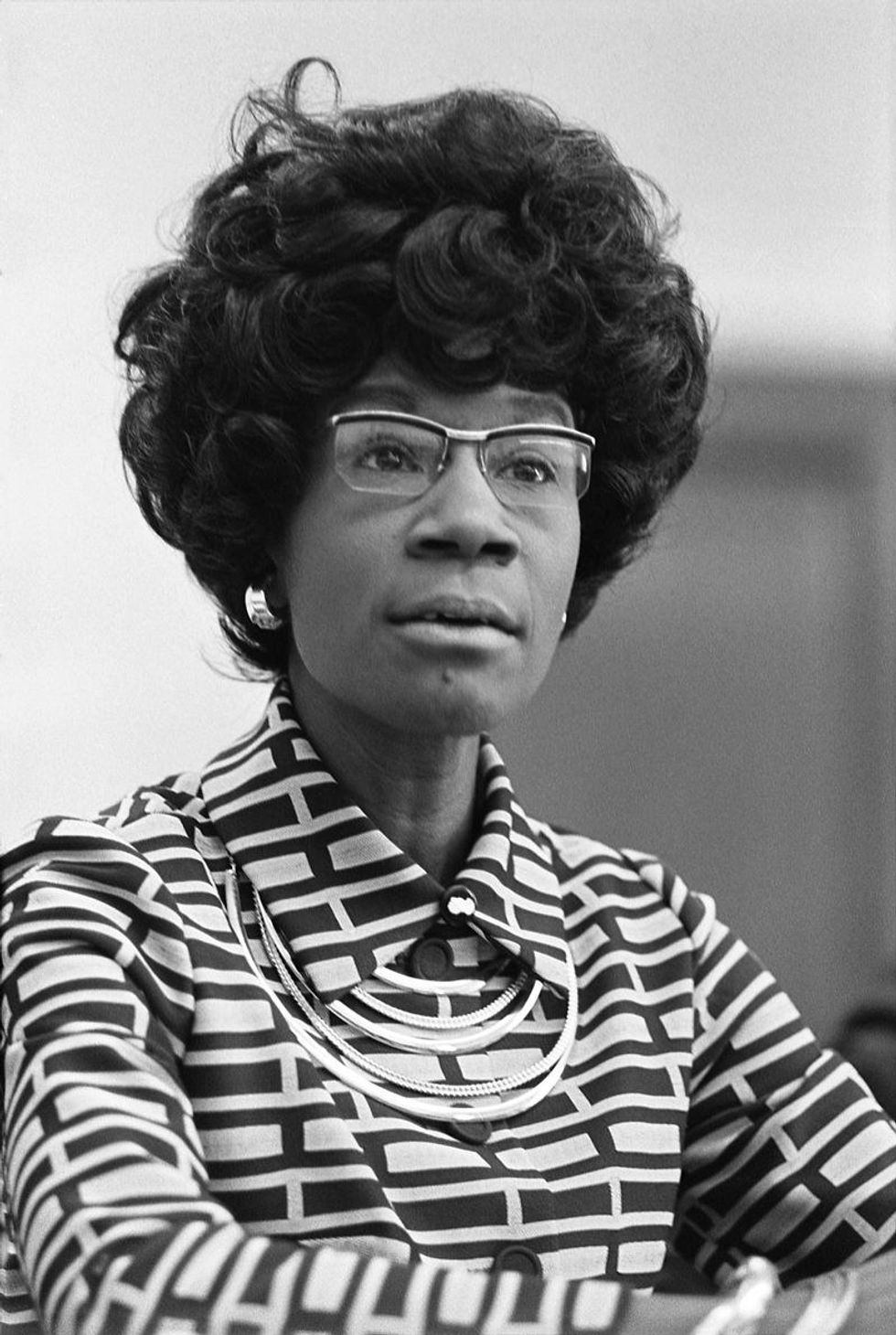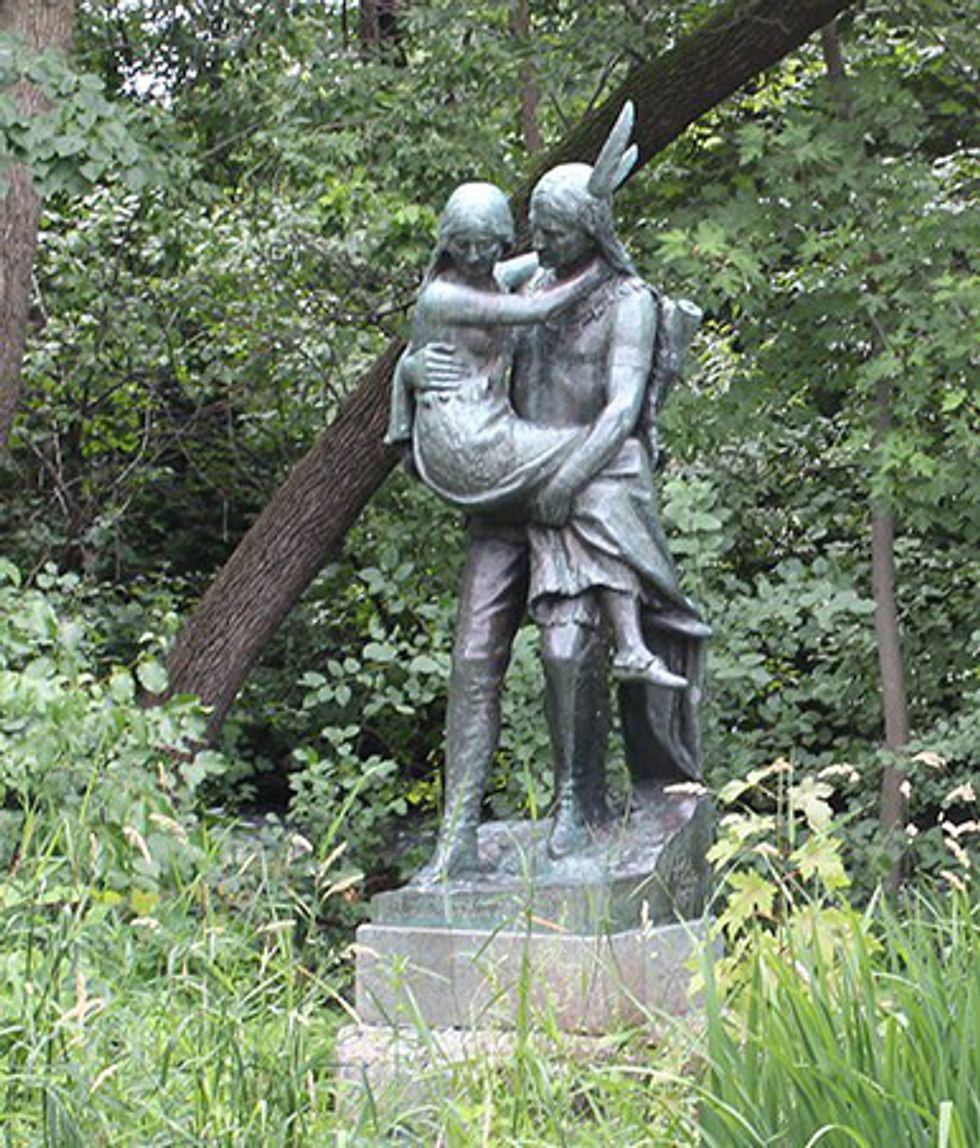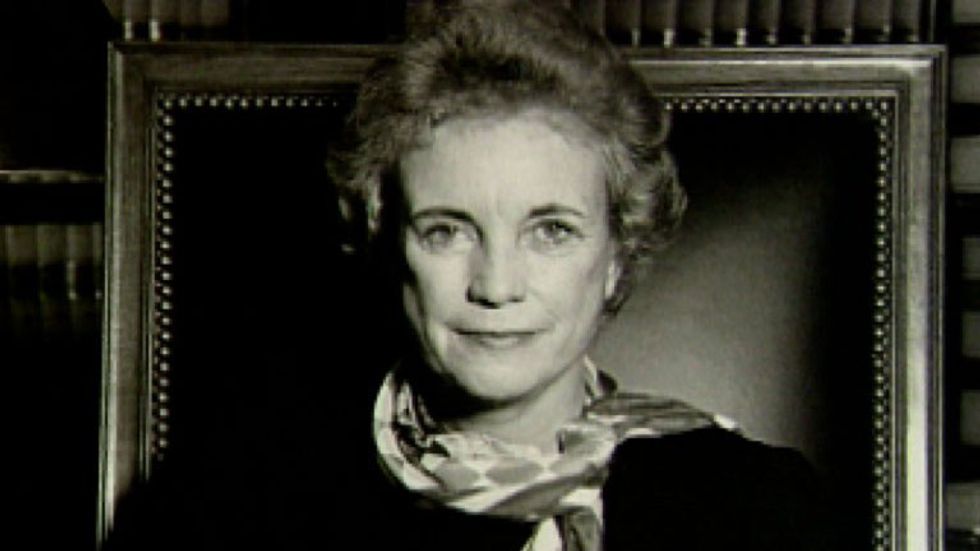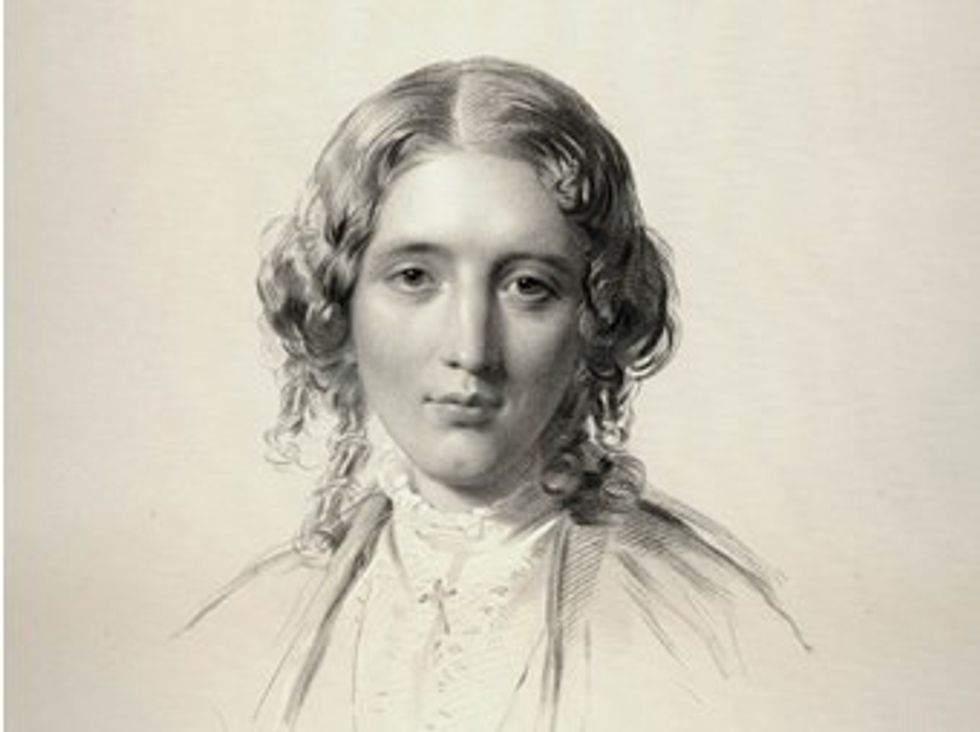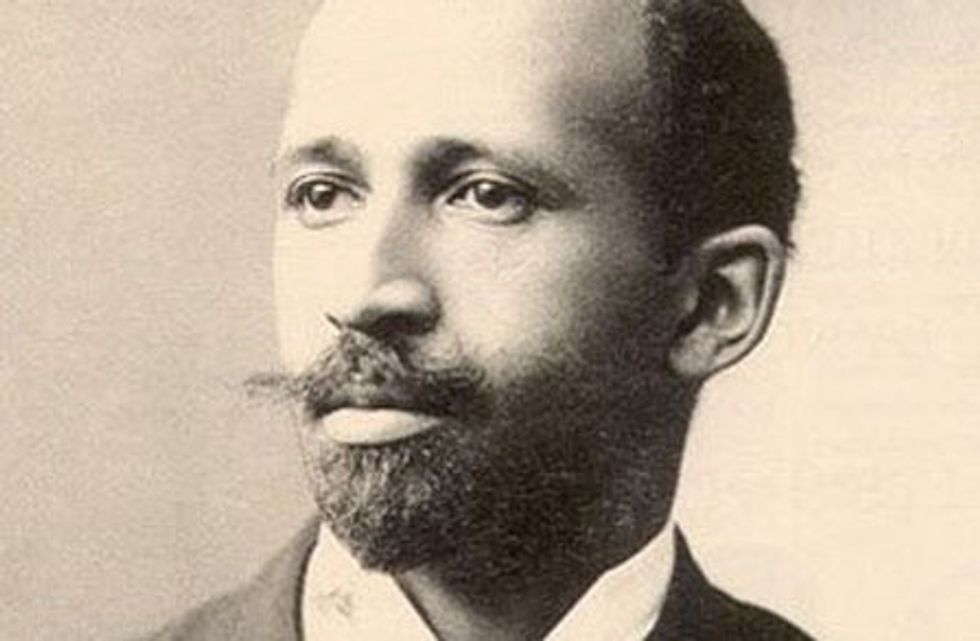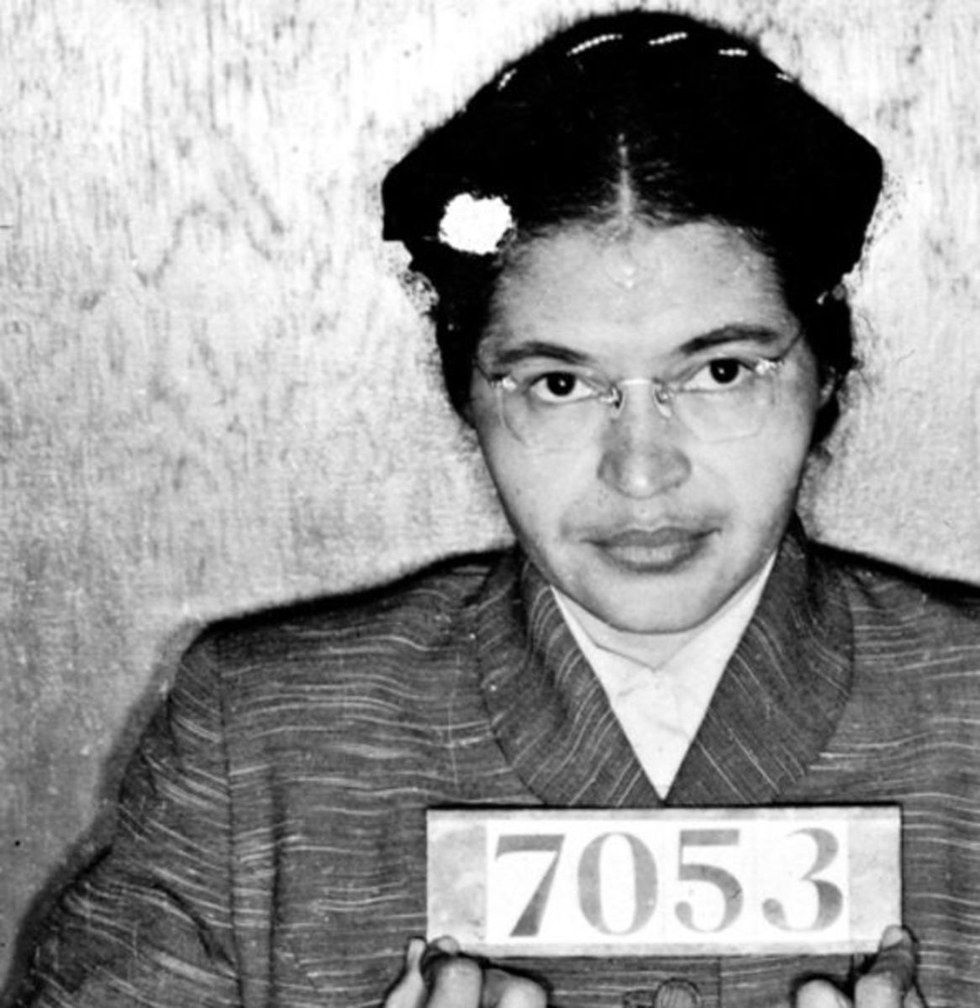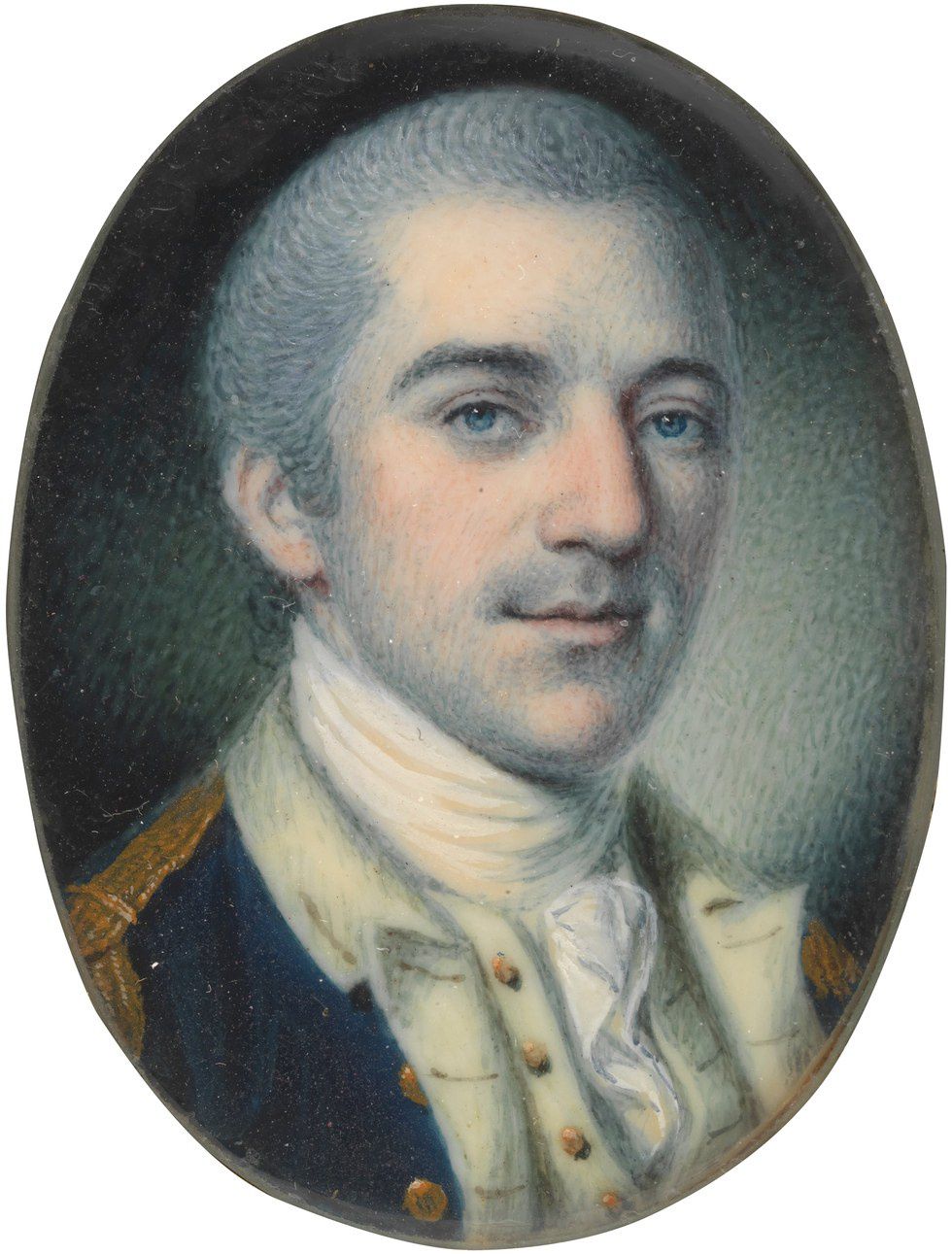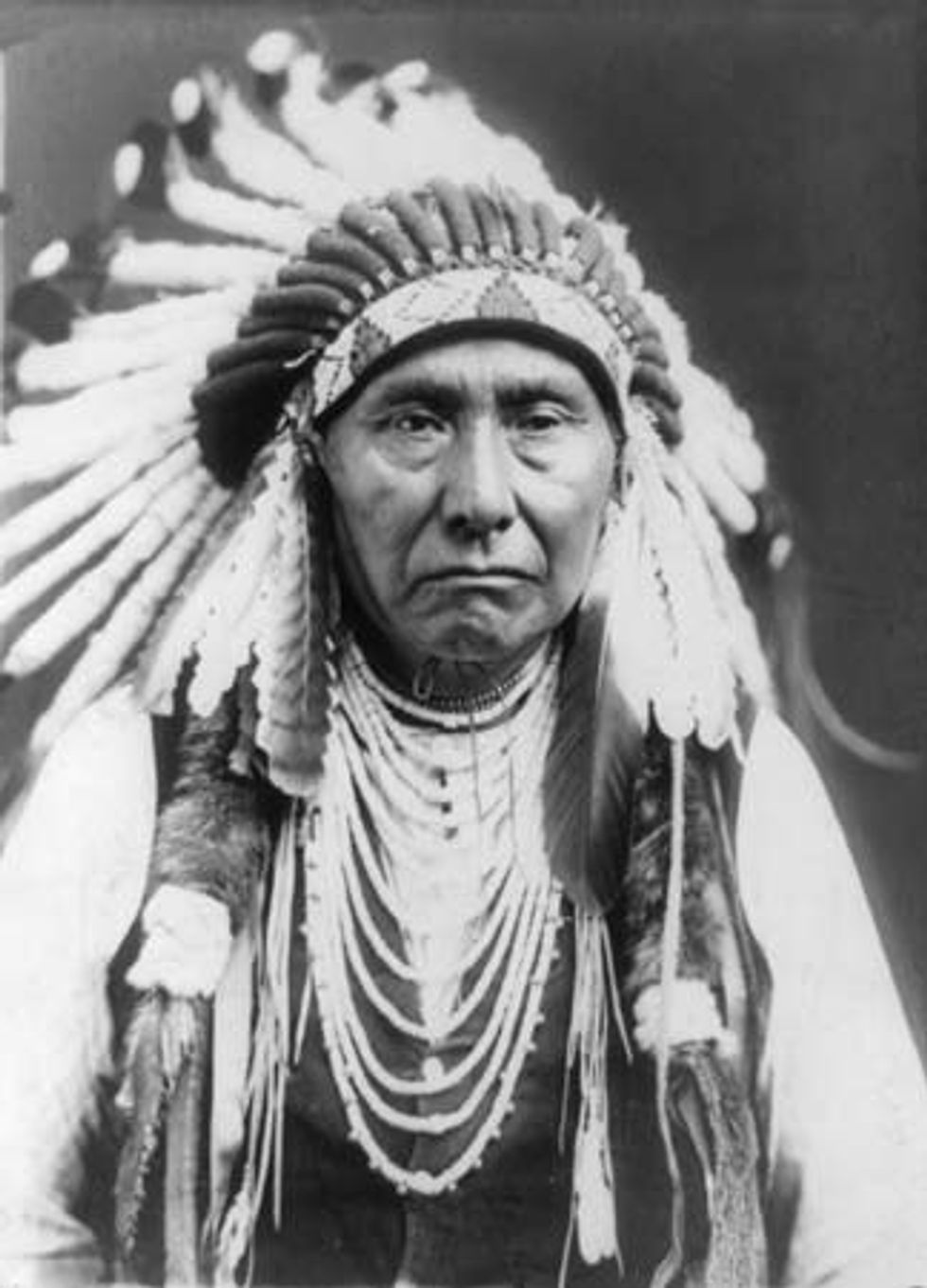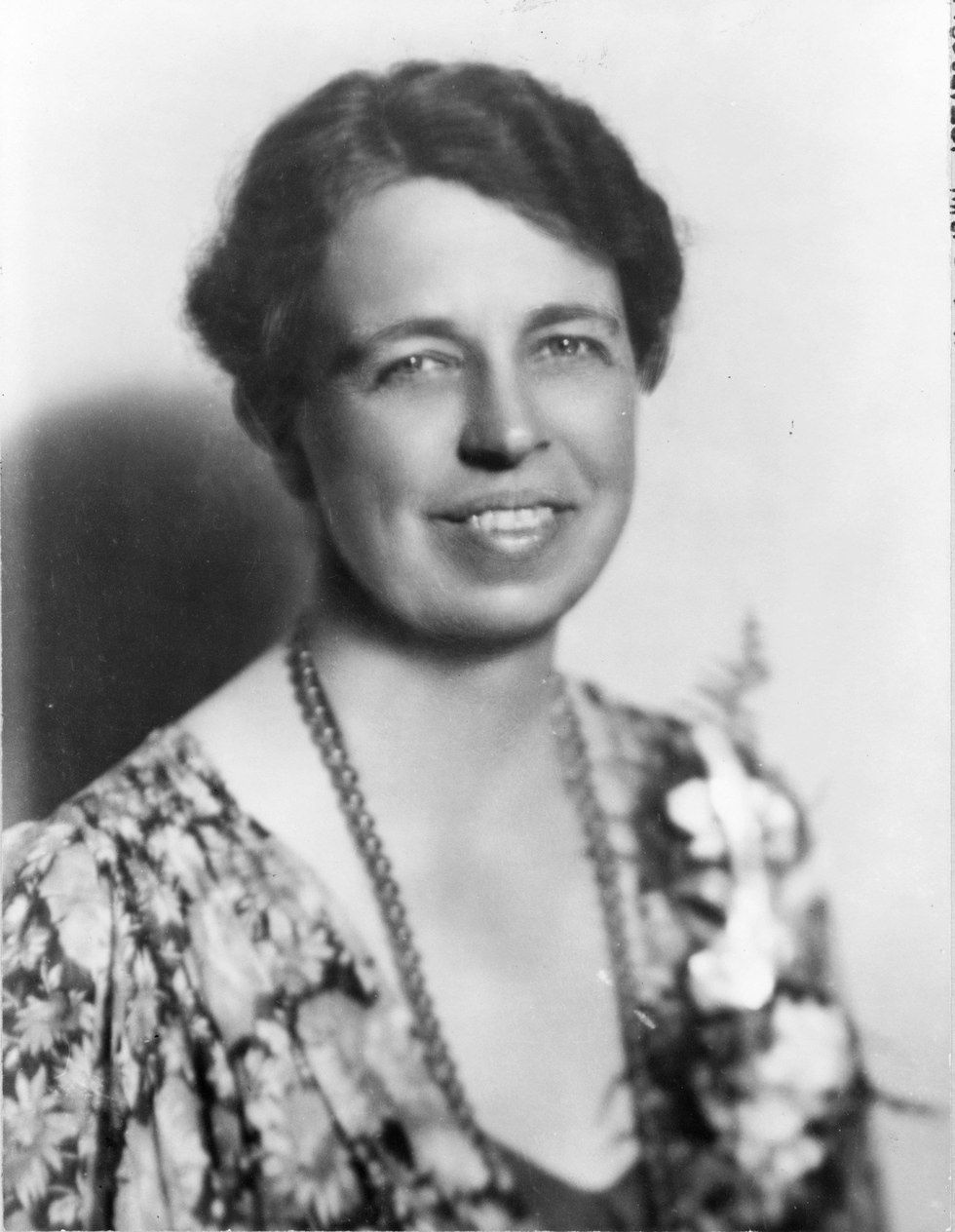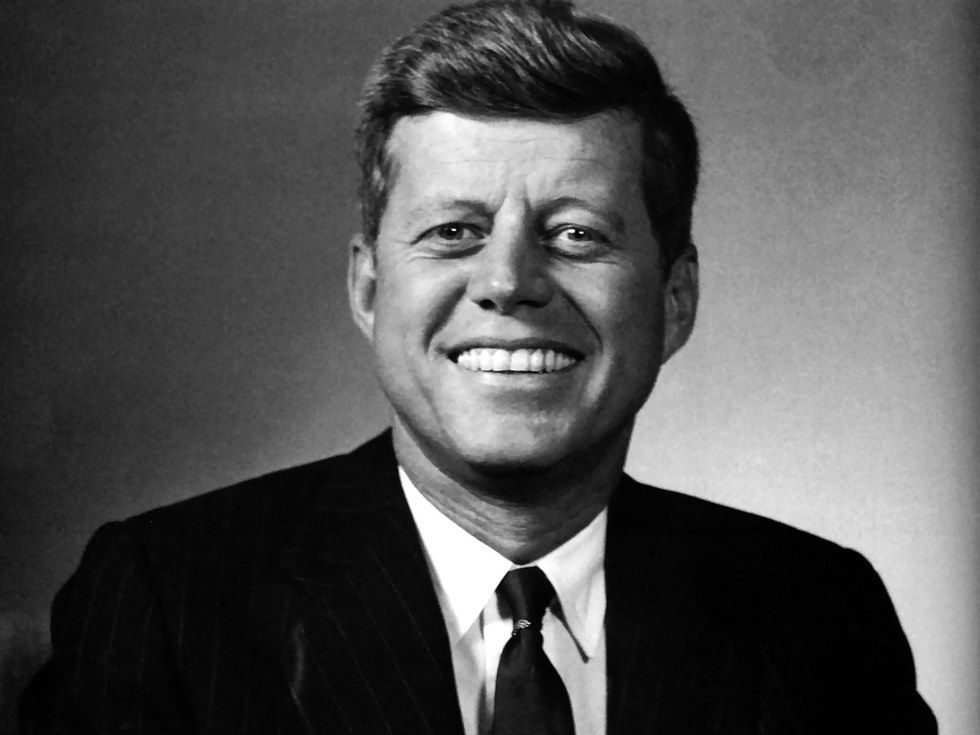Last month, Treasury Secretary Jack Lew announced that Harriet Tubman would replace Andrew Jackson on the front of the $20 bill. This decision comes as part of an overall endeavor to increase the representation of minorities and oppressed parties on the U.S. currency, and will coincide with the addition of women's and civil rights leaders on the $5 and $10 bills.
Jackson's replacement was greeted with joy and distain alike. Although often considered a war hero and forefather to modern democracy, Andrew Jackson remains a problematic national icon, known for his opposition to abolition, slave holding and atrocities against the Native American people. What's more, the former president also took tremendous stands against the U.S. National Bank.
While Jackson was only added to the $20 bill in the 1950s, many traditionalists have argued that replacing Jackson would detracts from the history of our national currency, while demeaning the positive impacts Jackson had on the development of our infant nation. Nevertheless, Jackson is not being removed from the $20 entirely, he will merely be relegated to the back of the bill.
Regardless of his continued presence within the American currency, however, many individuals remain frustrated by Jackson's move from the front to the back of the bill, attributing the transition to mere political correctness.
At the same time, the many controversial stances made throughout Jackson's career raises the question of whether this man should be glorified on the United States' currency at at. Although Jackson may have contributed to the development of our nation, many forgotten heroes may deserve more recognition on what has become our nation's landmark currency. Some of these individuals include:
1. Frederick Douglass.
2. Shirley Chisholm.
As the first African American woman elected to Congress, Shirley Chisholm would serve as a fantastic juxtaposition to Tubman, showcasing the tremendous advancements we've made as a nation, while reflecting how far we have yet to go in order to obtain true equality for people of races and genders.
3. Hiawatha.
Precolonial leader and co-founder of the Iroquois Confederacy, Hiawatha played a major role in shaping and developing Native American culture. Although there has been much speculation about his life, Hiawatha served as a peacekeeper, leader, and spiritual guide throughout his life. Replacing problematic Jackson with one of the founders of the Iroquois Confederacy seems an appropriate option, considering the 4,000 individuals who died during the Trail of Tears.
4. Sandra Day O'Connor.
5. Harriet Beecher Stowe.
According to legend, when Abraham Lincoln first met Stowe in 1862, he told her, "So you're the little woman who wrote the book that started this great war." Harriet Beecher Stowe's 1852 novel "Uncle Tom's Cabin" illustrated slavery's affect on families, electrifying the nation, setting the stage for the Civil War while inspiring a generation of abolitionists.
6. W.E.B. Du Bois.
Founder of the NCPA, journalist, educator and civil rights leader, Du Bois is considered one of the most significant civil rights activists of the first half of the 20th century, laying the groundwork for many of the activists who followed.
7. Rosa Parks.
Dubbed the "first lady of civil rights" Rosa Parks famously refused to give up her seat to a white man on a bus, thereby launching the Montgomery Bus Boycott. Although Parks was not the first person to refuse to give up her seat on the bus, her defiance ignited a flame that fueled much of the civil rights movement, causing Parks to become an international icon.
8. John Laurens.
An early abolitionists, John Laurens fought vehemently against slavery, recruiting slaves to fight for their freedom in the Continental Army. Although fatally wounded in a fight with British soldiers following America's victory, at the age of 28, Laurens' staunch abolitionism allowed him to recruit a brigade of 3,000 slaves to fight for America and for their freedom.
9. Chief Joseph.
After his tribe, Nez Percé, was forcibly removed from their homes in the Pacific Northwest, Chief Joseph used nonviolence to fight for his people's land, supporting a longstanding peace with white settlers. In 1855, we worked with Washington's territorial governor to set up a reservation for his people. After the governor reneged on the deal, following the discovery of gold, the tribe was forced to move to a reservation in Idaho. Instead, Chief Joseph resisted this demand, seeking to stay in Portland for as long as possible. Eventually he accepted the terms and left for Idaho. However, a several Nez Percé warriors attacked out of anger for losing their homes, thus further heating the conflict between the Nez Percé and the US government. Chief Joseph was dubbed the "Red Napoleon" (icky – I know) for leading one of the most impressive military retreats in American history.
After three months, Chief Joseph eventually surrendered to the US army with the understanding that his tribe would be able to return home. His actions had earned him the prestige of a war hero. Unfortunately, his tribe was instead shipped to Kansas. After decades of Chief Joseph's campaigning, the Nez Percé people were eventually allowed to return to the Pacific Northwest; however, the tribe was divided between Oregon and Idaho, by that time.
Chief Joseph spent the rest of his life campaigning against the inequalities committed against Native America people.
10. Eleanor Roosevelt.
11. John F. Kennedy.
JFK accomplished many things throughout the course of his presidency. He also became entrenched in many controversies. If traditionalists are so fixated on having a white, problematic former president on the back of the $20 bill, why not have the president who fought for Civil Rights, rather than a racist, slave owning, borderline genocidal figure, who fought vehemently to shut down the U.S. bank?
Whom would you like to see on the back of the $20 bill? Should Jackson keep his spot? Leave a comment below.




